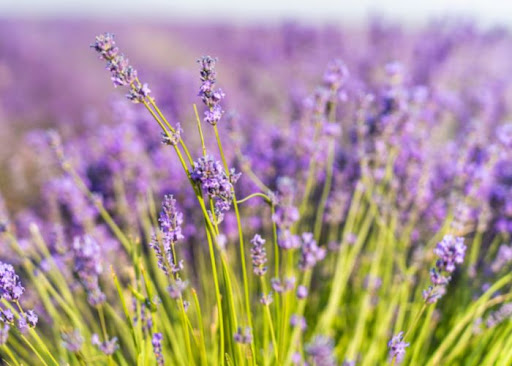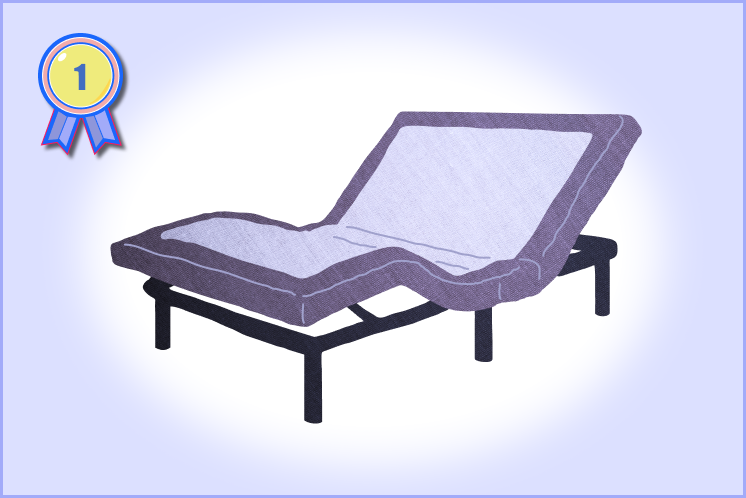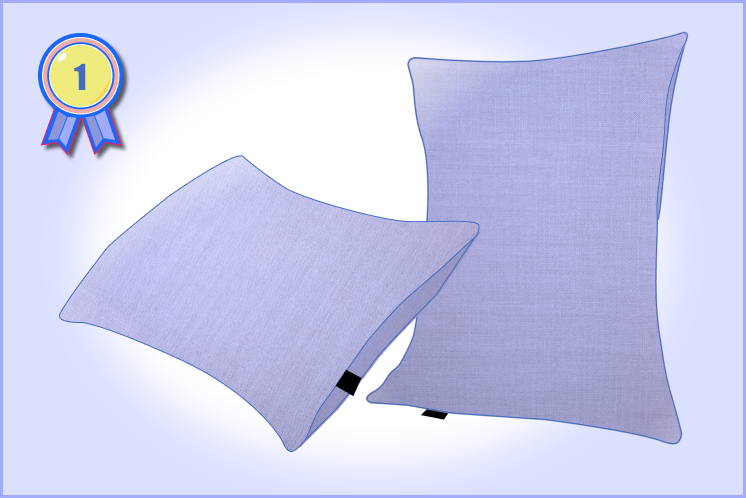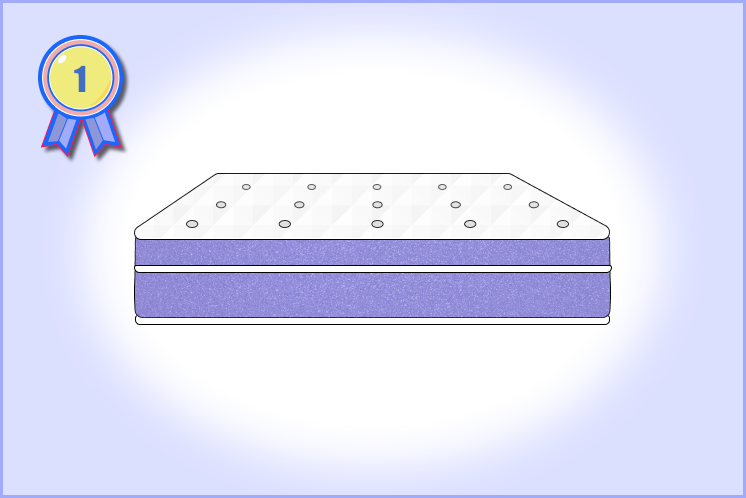Sleep is important for our physical and mental health. It helps us to repair and regenerate our bodies, and it gives our brains a chance to rest and recharge. Unfortunately, many of us don’t get enough sleep, which can lead to all sorts of health problems.
There are a few different theories as to why plants might help us sleep better. One is that plants emit negative ions, which are believed to have a calming effect on the body. Another is that plants help to purify the air, which can also help to promote restful sleep.
Lemon balm, passionflower, and valerian root have been traditionally used for centuries by various cultures. But we’ll include more popular options so you can get a clear understanding of how plants can help you sleep better.
A List of Bedroom Houseplants for Better Sleep
If you’re looking for a natural way to improve your sleep, adding some bedroom houseplants may be just what you need. Plants can help purify the air, reduce stress, and promote a sense of calm – all of which can lead to a better night’s rest.
Not sure which plants to choose? Here are 10 great options for bedroom houseplants that can help you sleep better:
Aloe Vera
Aloe vera is not only good for your skin – it’s also great for your sleep! This plant releases oxygen at night, which can help improve sleep quality. Additionally, aloe vera is known for its calming and relaxing properties, making it the perfect plant to keep in your bedroom.
Lavender
Lavender is another plant that is known for its calming and relaxing effects. The scent of lavender has been shown to reduce stress and promote sleep. Add a lavender plant to your bedroom or keep some dried lavender in a sachet near your bed to enjoy these benefits.
Snake Plant
The snake plant is an excellent choice for the bedroom because it helps purify the air. This plant filters out toxins and pollutants, making the air in your room cleaner and healthier to breathe. Additionally, snake plants release oxygen at night, which can improve sleep quality.
Jasmine
Jasmine is a beautiful and fragrant flower that can also help you sleep better. The scent of jasmine has been shown to reduce anxiety and promote relaxation. Keep a pot of jasmine in your bedroom or add a few drops of jasmine oil to your diffuser to enjoy these benefits.
Chamomile
Chamomile is well-known for its calming and soothing effects. This herb can be enjoyed as tea before bedtime or added to a sachet to keep near your bed. Chamomile has also been shown to help reduce anxiety and promote sleep.
Valerian Root
Valerian root is a herbal supplement that has long been used to improve sleep quality. This root contains compounds that have sedative effects, making it easier to fall asleep and stay asleep. Valerian root can be taken in capsule form or added to a tea before bedtime.
Passionflower
Passionflower is another herbal supplement that has traditionally been used to improve sleep quality. This flower contains compounds that promote relaxation and can help reduce anxiety levels. Passionflower can be taken in capsule form or brewed into a tea before bedtime.
Magnolia Bark
Magnolia bark is a herbal remedy that has long been used in Traditional Chinese Medicine to improve sleep quality. This bark contains compounds that have sedative effects, making it easier to fall asleep and stay asleep. Magnolia bark can be taken in capsule form or brewed into a tea before bedtime.
Honeysuckle
Honeysuckle is a fragrant flower that has long been used in Traditional Chinese Medicine to improve sleep quality. This flower contains compounds that have sedative effects, making it easier to fall asleep and stay asleep. Honeysuckle can be taken in capsule form or brewed into tea before bedtime.
Lemon Balm
Lemon balm is a herb that has traditionally been used to improve sleep quality. This herb can be enjoyed as tea before bedtime or added to a sachet to keep near your bed. Lemon balm has also been shown to help reduce anxiety and promote sleep.
10 Calming Herbs & Teas for Better Sleep
Some of the plants below can be maintained as potted plants – and we’ve already mentioned them in the rundown above – or you can consume them as tea or capsules. If you’re looking for something that will calm you before bedtime, this is it!
Lavender
Lavender is one of the most popular plants for promoting sleep. It’s known for its calming and soothing properties, which can help you relax before bed.
Jasmine
Jasmine is another plant with relaxing properties that can help you sleep better. The sweet fragrance of jasmine is known to be particularly effective in promoting sleep.
Chamomile
Chamomile is a well-known herbal remedy for insomnia. It’s often consumed as tea before bedtime, but you can also keep a potted plant in your bedroom.
Valerian
Valerian is another herb that has long been used to treat insomnia. It’s available in many forms, including capsules, teas, and tinctures.
Passionflower
Passionflower is a climbing vine with beautiful flowers. It’s also known for its sedative properties, which can help you sleep better.
Hops
Hops are the female flowers of the hop plant, which is used to make beer. But hops can also be used to make a sedative tea that can help you sleep.
Lemon balm
Lemon balm is a member of the mint family with lemon-scented leaves. It’s often used in teas and tinctures to help promote sleep.
Skullcap
Skullcap is a herbal remedy that’s been used for centuries to treat insomnia and anxiety. It’s available in many forms, including capsules, teas, and tinctures.
Kava kava
Kava kava is a tropical plant that’s native to the Pacific Islands. It has sedative properties and has long been used as a natural treatment for insomnia.
Ashwagandha
Ashwagandha is an Ayurvedic herb that’s traditionally been used to treat anxiety and stress. It’s available in many forms, including capsules, powders, and teas.
In addition to herbal teas, there are also essential oils that can be used to promote sleep. Lavender oil is one of the most popular choices, as it is known for its calming and soothing effects.
If you’re interested in trying plant-based methods to promote sleep, it’s important to talk to your doctor first, as some plants can interact with medications. Additionally, make sure to purchase high-quality herbs and essential oils from reputable sources.



